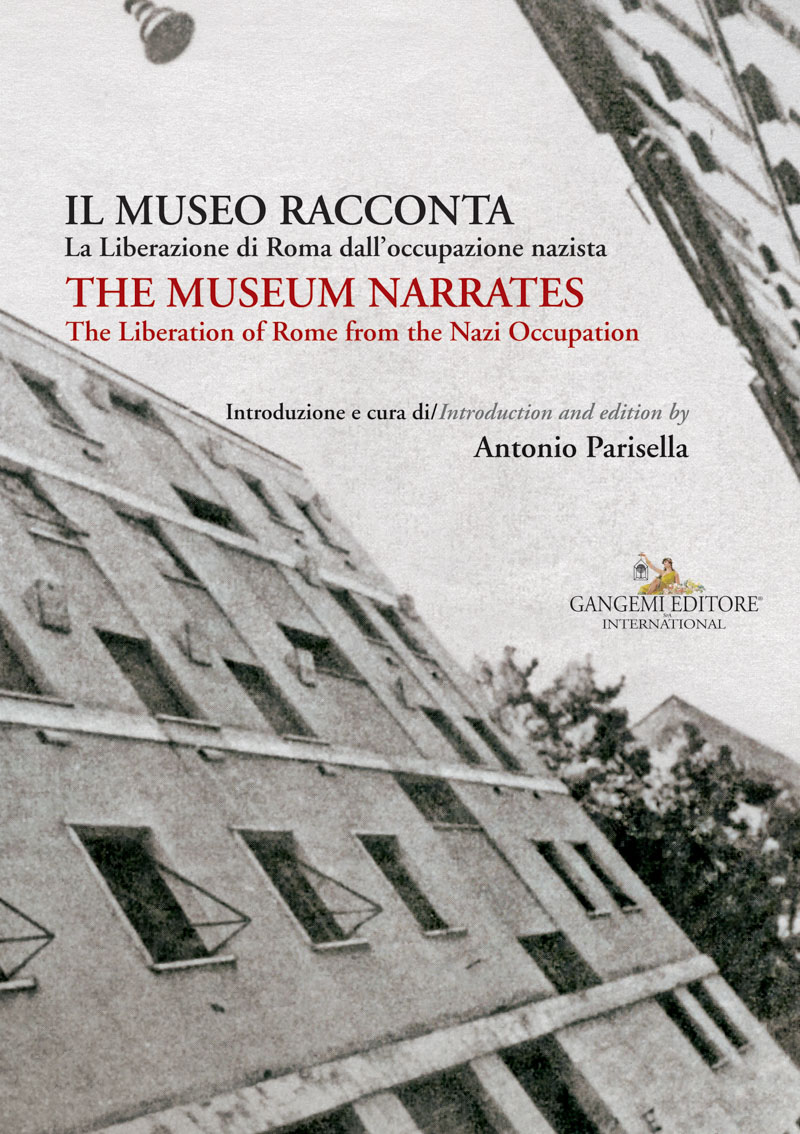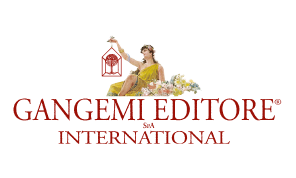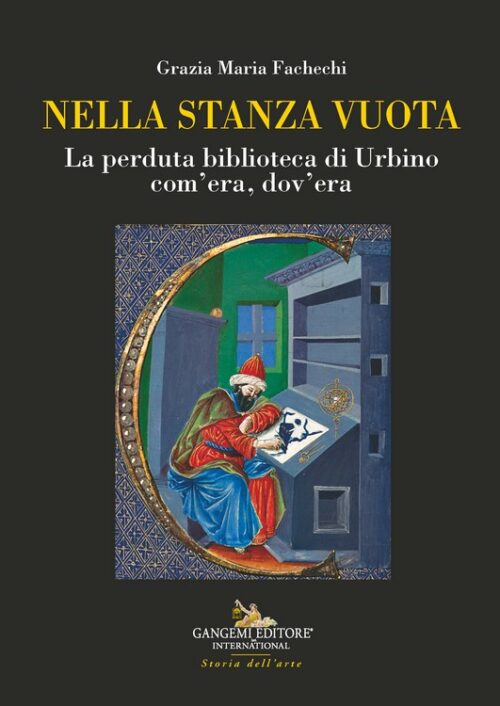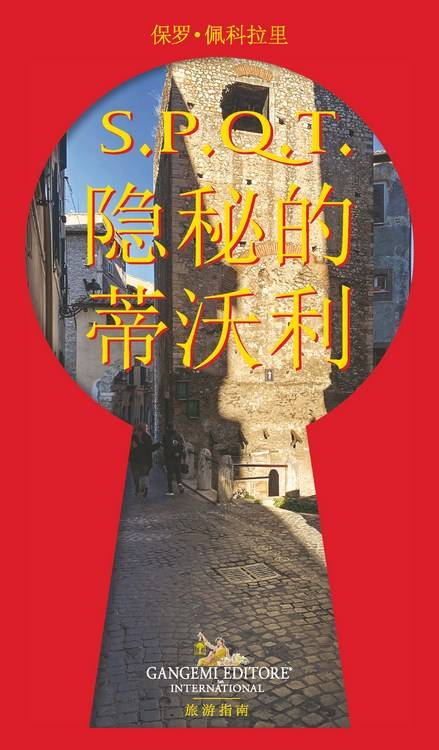
24,00 €
Potrebbero interessarti anche
Il museo racconta – The museum narrates
La Liberazione di Roma dall'occupazione nazista - The Liberation of Rome from the Nazi Occupation
A cura di: Parisella Antonio
Facing English text
Formato: 17 x 24 cm
Legatura: Filorefe
Pagine: 160
Anno edizione: 2017
ISBN: 9788849235081
EAN: 9788849235081
UB. INT. : T401G V24a V26e V42c
Contenuto
Attraverso le immagini e i documenti esposti nelle sale del Museo storico della Liberazione si segue il racconto delle vicende drammatiche vissute dalla popolazione di Roma tra il settembre 1943 e il giugno 1944 sotto l’occupazione nazista. Sottoposta a ben 53 bombardamenti alleati e minacciata da repressione, torture, rastrellamenti, deportazioni e uccisioni, essa reagì con coraggio e forza, nonostante la fame, il freddo, l’insicurezza e la paura. Partiti e movimenti politici, da parte loro, con la Resistenza armata e non armata fecero sentire agli occupanti la ferma decisione di non subire il loro prepotere e la loro oppressione.
Through images and documentation exposed in the rooms of the Historical Museum of the Liberation we can live through the dramatic stories that the Roman population underwent between September 1943 and June 1944 during the Nazi Occupation. Although Rome was subject to 53 allied bombings, threaten with repression, torture, round-ups, deportation and killings, it reacted with courage and strength even through hunger, cold and fear. Parties and political movements, on their part, with armed or non-armed Resistance, made the occupants feel their steady decision to not be affected by their prevarication and oppression.
Antonio Parisella (Roma, 25 aprile 1945), già professore ordinario di Storia contemporanea. Si è formato nella Facoltà di Scienze politiche dell’Università La Sapienza di Roma, dove ha lavorato come ricercatore fino al 1992. Vincitore di concorso nazionale, ha poi insegnato Storia contemporanea nella Facoltà di Lettere e Filosofia dell’Università di Parma, dove ha diretto anche il Dipartimento di studi politici e sociali. Dal 1979 al 1997 è stato segretario generale, vicepresidente e presidente dell’Istituto romano per la storia d’Italia dal fascismo alla Resistenza (IRSIFAR). Dal 2001 è presidente, designato dal Ministro per i beni e le attività culturali (MIBACT), del Museo storico della Liberazione in Roma. Presso Gangemi editore ha pubblicato Sopravvivere liberi. Storiografia e Resistenza a cinquant’anni dalla Liberazione (1997), Cattolici e Democrazia cristiana in Italia. Analisi di un consenso politico (2000). Inoltre, è autore di Cultura cattolica e Resistenza nell’Italia repubblicana (Ave, Roma 2005) ed ha curato (con Sandro Portelli) Ribelle e mai domata. Canti e racconti di antifascismo e resistenza (Squi/libri, Roma 2016).
Antonio Parisella (Rome, 25th April 1945), is a University Professor of contemporary history. He has completed his studies at the University La Sapienza in Rome in the Political Sciences Faculty, where he worked as a researcher until 1992. After winning the national exam to become a Professor, he then taught contemporary history in the Literature and History Faculty at the University of Parma, where he was also head of the Department of Political and Social Studies. From 1979 to 1997 he was the general secretary, vice president and president of the Roman Institute of Italian history from the fascist period until the Resistance (IRSIFAR). He has been the president, assigned by the Ministry of Cultural Heritage and Activities and Tourism (MIBACT), of the Historical Museum of the Liberation in Rome since 2001. Gangemi publisher has released the following titles by Antonio Parisella: Sopravvivere liberi. Storiografia e Resistenza a cinquant’anni dalla Liberazione (1997), Cattolici e Democrazia cristiana in Italia. Analisi di un consenso politico (2000). He is also the author of Cultura cattolica e Resistenza nell’Italia repubblicana (Ave, Rome 2005) and the co-author of (together with Sandro Portelli) Ribelle e mai domata. Canti e racconti di antifascismo e resistenza (Squi/libri, Rome 2016).
Parole chiave
Condividi su












